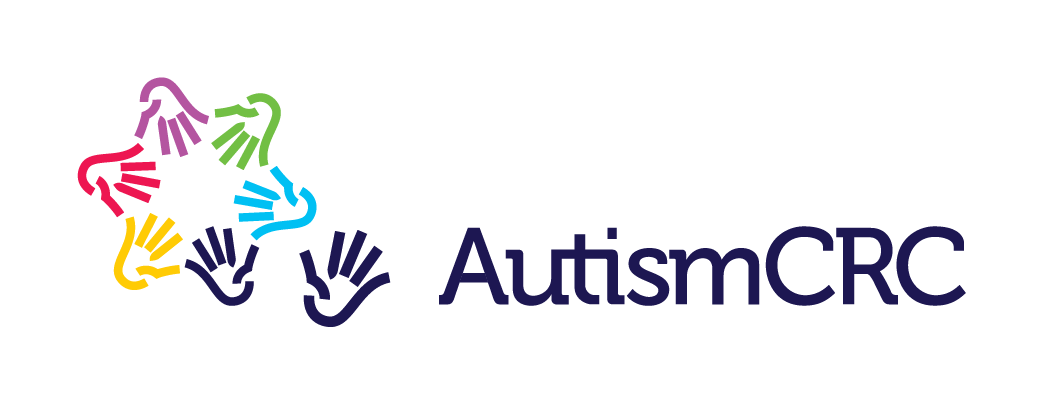Understanding job contracts

Key points
-
When you receive a job offer, you are likely to be presented with an employment contract - this is a formal agreement between you and your employer.
-
It is important to be clear about the terms and conditions of a job offer. If you have questions, ask them.
-
When you get paid, you also need to pay tax, so you need to make sure you know your Tax File Number, or apply for one if it is your first job.
Job contract
Before you start a new job, you’ll have a conversation with your employer about the terms and conditions of your job. They’ll also present you with a written contract, which is a formal agreement between you and your employer and which often covers things like:
-
your start date
-
your job title
-
your work schedule/hours
-
your salary (how much you will be paid and when)
-
your contract type (for example, full time, part-time, or casual)
-
your leave entitlements
-
your responsibilities and entitlements if you leave the job
-
your employer’s responsibilities and your entitlements if your employment is terminated
- any other conditions of employment.
This can be a lot of information to take in all at once so feel free to ask for a couple of days to read through your contract, note any areas of confusion (so you can ask further questions), and ensure that you understand it before signing.
Tax File Numbers (TFNs)
You can’t get paid without also getting taxed! As a result, you’ll need to provide your employer with your Tax File Number (TFN). If you don’t yet have a TFN, you can apply for one using the Australian Taxation Office’s online form, or by asking at an Australian Post Office.
Getting paid
Most people are paid on a weekly or fortnightly basis, with the money deposited into an elected bank account. When you get paid, it’s a good idea to check that it’s correct and to let your employer know if a mistake occurs.
Superannuation
Superannuation is money to be reserved for your retirement. Along with paying your income, your employer makes contributions to your superannuation fund which you can access once you’ve reached retirement age.
More information
-
Visit MoneySmart for more information about tax, superannuation, and other salary-related topics.
- ANZ’s MoneyMinded program can help you learn about budgeting and planning for your future.

